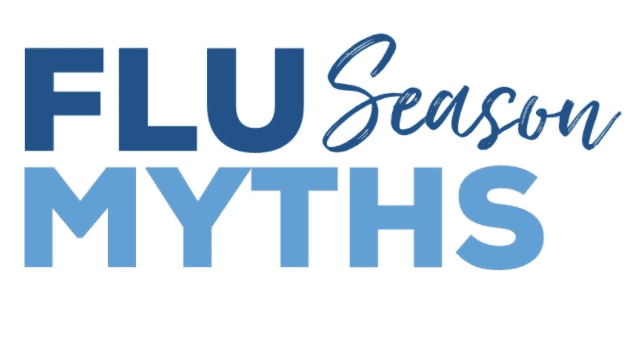What you’ve always thought was true just might not be — and it could really affect your health during flu season.

Do you know what’s true about the flu — and what’s a myth?
Find out more about flu season misconceptions, what you’ve always thought was true just might not be — and it could really affect your health during flu season.
The flu vaccine causes the flu. MYTH
Both the live intranasal flu vaccine and the injectable inactivated. The Flu vaccine do not cause the flu. Make sure you’re feeling rested and healthy prior to the vaccine, but it is generally considered safe to have the vaccine if you have a mild cold.
If I have egg allergies, I can’t get the flu vaccine. MYTH.
Observation in a medical setting is required only with moderate to severe reactions greater than hives due to egg exposure.
I need Tamiflu or another antiviral medication to stop the flu. MYTH.
Unless you are a high-risk patient, most people with the flu simply need to stay hydrated, rest, and treat their symptoms with over-the-counter remedies.
As long as I keep my distance from people who look sick with the flu, I shouldn’t get the flu. MYTH.
The influenza virus can live in microscopic droplets in the air for up to 4 hours after being coughed or sneezed. Additionally, the virus can also live on inanimate objects (counters/keyboards/phones etc) for up to 24 hours.
I need the flu swab test in order to be treated for the flu. MYTH.
Because many of the rapid flu tests are not terribly sensitive for detecting the flu, it is reasonable for a medical provider to treat flu presumably after screening.






